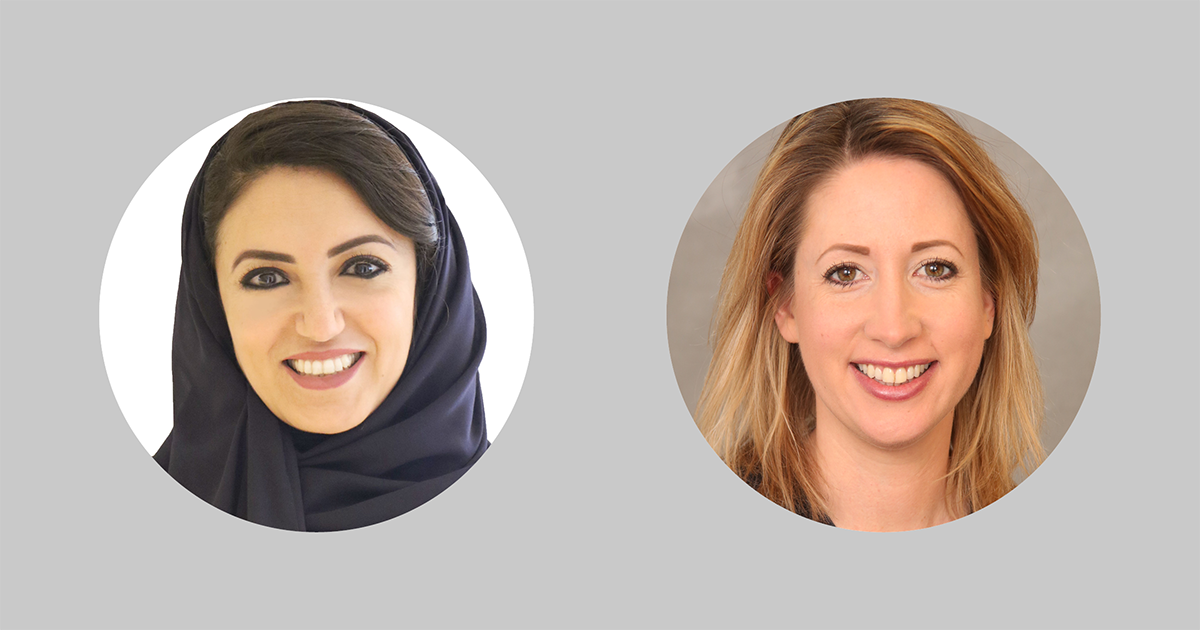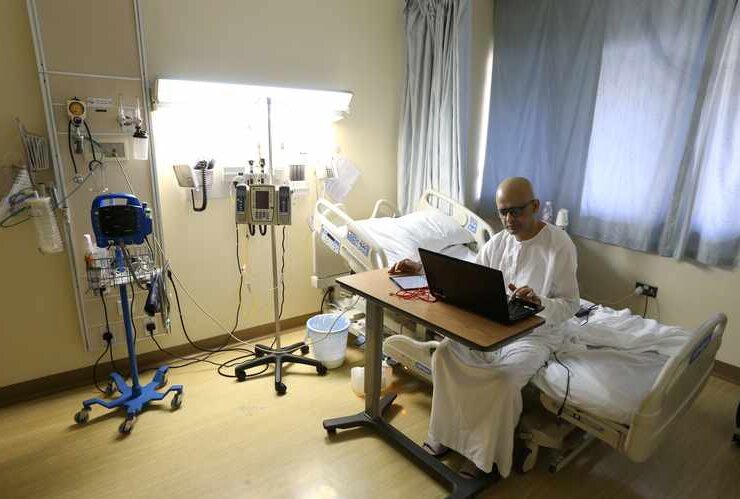Since the launch of Saudi Arabia’s strategic 2030 Vision, the Kingdom has been working to create an integrated health system which will empower the patient, promote disease prevention and encourage citizens to make use of primary care.
Saudi Arabia’s healthcare system is undergoing an unprecedented overhaul. To assist with this radical transformation, the Ministry of Health (MoH) is working with advisory firms such as KPMG to help implement a system of accountable care organisations, for which IT and digital health are the foundational blocks. The new model of care implementation aims to put patients at the centre of the healthcare system and involves the roll-out of primary care. “We’re at the moment in time where the rubber hits the road and we’re moving from planning to implementation. The provider, payor and regulator are, or by the end of the year should be, ready to officially kick off their new functions,” says Emmeline Roodenburg, head of healthcare at KPMG in Saudi Arabia. The firm’s Connected Enterprise for Health framework is designed to address every aspect of an integrated, digitally-enabled health and care system to ensure full connectivity between the core clinical workflows, supporting operations and technology platforms.
COVID’s silver lining
According to Roodenburg, fit for purpose reimbursement is a vital factor in implementing technological change. “I’m a firm believer in setting up payment systems in a way that incentivises how you organise care system design and all the tech that goes with it. If we don’t pay for it in the right way, no change will be sustainable,” she insists. For Roodenburg, changes to healthcare payment systems globally have been one “silver lining” of the COVID-19 pandemic. “An example is that we finally see proper reimbursement for remote consults at large-scale. The challenges are setting the payments in a right way, specifically to let technology optimise the system,” she says.
Streamlined systems
Another universal challenge faced by global health systems is a lack of interoperability. “Since COVID we’ve seen an explosion of startups and there are beautiful ones out there, but if they don’t talk to each other it doesn’t help you get to a higher place at a system level,” explains Roodenburg. “I think interoperability among all the new technology that we see is absolutely key.” Since the Kingdom is going through a large scale transformation, these principles can and should be built in from the start. “The full continuum of care should have access to patient data, to provide optimised services, from primary care, extended care all the way to hospital services and beyond. With the shift towards prevention, community and social services should be seen as part of this ‘continuum’. In addition, there is an increased role for patients or customers to own their own health data. Privacy and security are key enablers to make this happen.”
Driving change on the ground
Then, what is KPMG’s role in creating this ideal vision? “We basically see ourselves as accelerating change, but we can only do it with our technology partners and the healthcare providers. That’s the model of the future to drive change on the ground that KPMG stands for,” says Samar Nassar, healthcare markets director at KPMG in Saudi Arabia, who is leading on the primary care project. Although there are almost 2,400 primary healthcare systems across the Kingdom, citizens tend to gravitate towards using specialist or emergency care services. “If you think of the healthcare pyramid with tertiary care on top, secondary care and then primary care – it’s inverted right now,” says Nassar. “The flood of patients is going through tertiary care. It’s a very congested small pyramid. We need to increase awareness when it comes to utilisation. There’s a lot to be done there in terms of building public credibility when it comes to primary care.” KPMG is working with the MoH to get every citizen assigned to their own GP, with an initial target to have 1 million citizens registered by the end of this year. Although there has been some shift towards using primary care services, this is mainly in the cities at the present. “We need to scale it across the Kingdom and give equal opportunity for patients to access primary care,” says Nassar. Leveraging the virtual space is one way to scale primary care. To help achieve this, the MoH is launching virtual clinics which give patients the option of remote consultation when they book a GP appointment. “We’ve seen around the world that patients really like this. You get immediate access to a doctor so it’s very comforting from a patient’s standpoint,” says Nassar. “We need to put the patient at the centre so it drives better health outcomes.
Looking to the future
Nassar is also passionate about the subject of female leadership. One of the metrics of Vision 2030 is having more women in the workforce and as leaders in Saudi Arabia. “It’s very important to have equal opportunities among men and women. You’re building the pipeline of a more diverse and open culture in the healthcare space,” says Nassar. One way KPMG champions leadership is through its support of the NHS Leadership Academy, a successful model which it is looking to emulate in Saudi Arabia. “The transformation that Saudi Arabia is ongoing is something that is unseen anywhere because the transformation is happening across the system and across different levels. I’m very proud to take part and excited because this is my country and I see a bright future for healthcare here,” concludes Nassar.
Left to right: Samar Nassar, healthcare markets director at KPMG in Saudi Arabia and Emmeline Roodenburg, head of healthcare at KPMG in Saudi Arabia.



